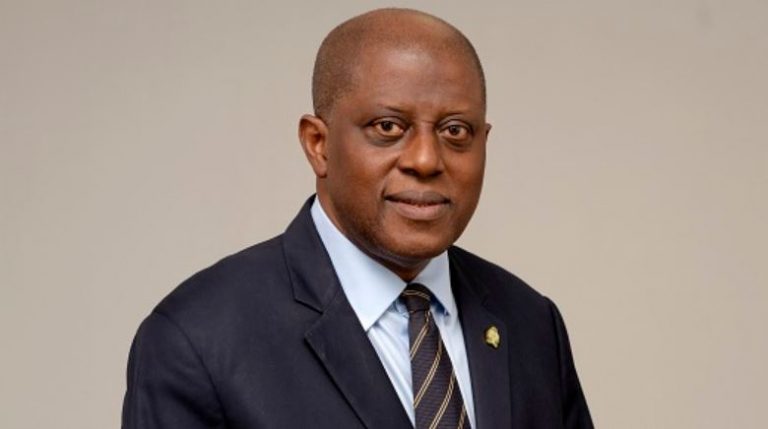The Central Bank of Nigeria (CBN) has projected a slight reduction in the country’s external reserves in 2024, primarily due to debt servicing and other financial obligations. This forecast was revealed in the maiden edition of the CBN’s 2024 Macroeconomic Outlook report, titled “Price Discovery for Economic Stabilisation.”
The report indicated that external reserves, which stood at $33.09 billion in 2023, might see a slight decline in 2024. This projection considers ongoing payments for foreign exchange forward obligations, matured forex swaps, and debt service. However, anticipated improvements in crude oil earnings and recent reforms in the foreign exchange market and energy sector are expected to mitigate this decline.
As of July 8, Nigeria’s foreign reserves surpassed $35.05 billion for the first time in a year and have remained above that threshold, standing at $35.77 billion as of Thursday.
The outlook also projected a modest increase in diaspora remittances to $19.42 billion in 2024, up from $19.17 billion in 2023. This anticipated rise is attributed to expected global economic improvements and reforms in the forex market that allow international money transfer operators to pay recipients at market-determined exchange rates. The CBN’s efforts to enhance efficiency, transparency, and confidence in the forex market are also expected to boost formal remittance channels.
Regarding public debt, the report forecasts an upward trajectory but maintains that it will remain sustainable, driven by planned infrastructural investments, social interventions, and the securitization of Ways and Means Advances to the Federal Government of Nigeria (FGN).
In the foreword of the report, CBN Governor Olayemi Cardoso stated that the bank would continue its monetary policy tightening to curb rising inflation. He emphasized the importance of strengthening the foreign exchange market and addressing security issues related to the food belt and oil installations.
Cardoso outlined a positive economic outlook for Nigeria, with continued growth, expected inflation moderation, and enhanced exchange rate stability. He projected economic growth to increase to 3.38 percent in 2024 from 2.74 percent in 2023, supported by improvements in domestic crude oil production and refining capacity, as well as rising crude oil prices.
On inflation, Cardoso forecasted a moderation to 21.40 percent in 2024, within a range of 19.84 to 25.35 percent, down from 28.92 percent in December 2023. He attributed this to a transition to an inflation-targeting framework and a tighter monetary policy stance.
Despite the positive projections, the CBN governor highlighted several risks, including security challenges, supply-side shocks, and global geoeconomic fragmentation, which could exacerbate inflationary pressures. He warned that elevated inflation due to structural imbalances might necessitate extended monetary tightening, potentially depressing growth prospects. Additionally, oil theft, pipeline vandalism, and potential declines in crude oil prices could limit fiscal space, reduce forex receipts, and undermine domestic stability.

